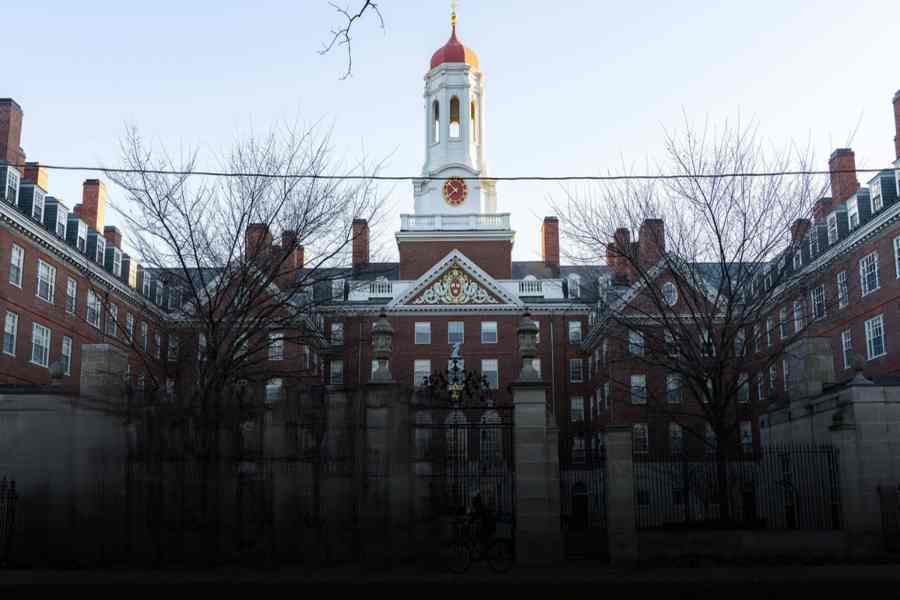Harvard University has ignited a major political firestorm after refusing to accept the Trump administration’s conditions for continued federal funding. In a public statement Monday, the Ivy League institution firmly rejected a proposed agreement that tied billions of dollars in grants and contracts to sweeping changes in leadership, diversity programs, and student discipline policies. The university said it would not “surrender its independence or relinquish its constitutional rights.”
In response, the administration announced a freeze on $2.2 billion in multi-year grants and $60 million in contract value, escalating a growing conflict between elite academic institutions and the federal government.
The administration’s demands included ending Harvard’s diversity, equity and inclusion (DEI) policies, initiating an audit of “viewpoint diversity,” and disciplining students who participated in a pro-Palestinian encampment on campus. Officials also requested leadership reforms as a condition for continuing the school’s “financial relationship” with the government.
Harvard President Alan Garber responded strongly. “The university will not surrender its independence,” he said. “This agreement goes beyond the power of the federal government.”
Garber defended the school’s response to antisemitism and emphasized the importance of federally funded research conducted at Harvard. “These partnerships have led to breakthroughs in medicine, science, and engineering. Abandoning them risks the health and economic security of millions,” he added.
The standoff comes amid rising federal scrutiny of elite institutions. In March, the Trump administration announced it would cancel $400 million in grants and contracts to Columbia University, accusing the school of failing to protect Jewish students from harassment.
The administration has also launched investigations into more than $9 billion in funding to other top-tier schools, citing potential violations of civil rights laws, especially in the wake of campus protests linked to the war in Gaza.
Harvard’s March 2024 financial report revealed it received $686 million in federal research funding, its largest single source of external support. The university also announced a hiring freeze that month, citing “substantial financial uncertainties driven by rapidly shifting federal policies.”
The administration’s move to freeze Harvard’s funding was led by the Joint Task Force to Combat Anti-Semitism, which released a statement criticizing what it called a “troubling entitlement mindset” within the nation’s top universities.
“Federal investment does not come without responsibility,” the task force said. “The harassment of Jewish students is intolerable. If elite schools wish to continue receiving taxpayer dollars, they must commit to meaningful change.”
White House Principal Deputy Press Secretary Harrison Fields echoed the message, saying, “President Trump is working to Make Higher Education Great Again by ending unchecked antisemitism and ensuring taxpayer dollars are not funding racial discrimination or campus violence.”
Critics of the administration argue that the imposed conditions infringe on academic freedom and are being used to force political conformity on institutions historically seen as liberal strongholds.
Legal experts suggest the case could end up in federal court, with constitutional questions looming over whether the government can attach ideological conditions to funding. Harvard’s defenders argue the demands violate the First Amendment and threaten the foundation of independent research and education.
Harvard, however, has shown no signs of backing down. In a moment that will likely define the relationship between universities and government for years to come, the school is positioning itself as a bulwark against what it sees as political overreach.
This clash is not just about one university. It is part of a broader national debate over free speech, academic independence, and the role of higher education in a polarized America. The outcome may determine whether other institutions follow Harvard’s lead or yield to pressure to align with federal directives.
For now, billions in research dollars remain frozen, students and faculty are on edge, and the country watches as Harvard and Washington battle over the soul of American education.


